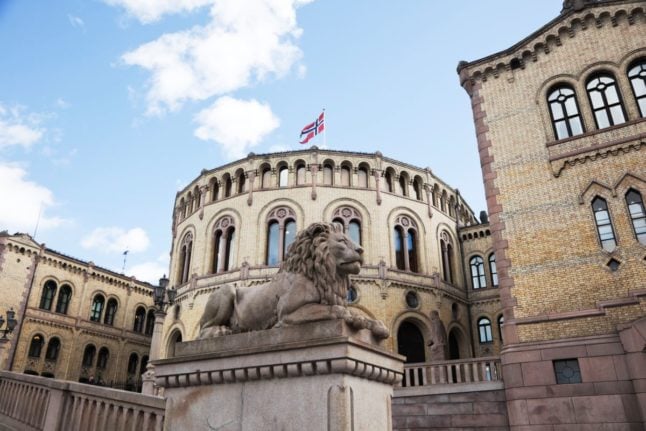Norway’s Pensions Committee will present its report on proposed changes to the pension system on Thursday. The committee’s leader has said that the retirement age should be raised ahead of the report’s full release on Thursday.
Under the current rules, the retirement age is 67, and people can begin to draw their state pensions from 62. However, the Pensions Committee has proposed raising the retirement age to 70 and a half and the age where you can draw your state pension to 65 and a half.
“Increasing the age limits is more financially sustainable, more people will stay longer in work,” committee leader, Kristin Skogen Lund, told public broadcaster NRK.
The committee was tasked with evaluating the last set of pension changes, which were introduced in 2011. The original reforms were introduced to ensure that the state could fund pensions through the National Insurance Scheme as the number of pensioners increased, and people lived longer.
READ ALSO: Can you claim your Norwegian pension from another country?
However, the retirement age of 70 wouldn’t be applied universally. As the committee wants to avoid disruption for those close to retiring, the retirement age wouldn’t be raised for older generations. Instead, the retirement age would apply to those born in the 90s.
Further, into the future, the committee expects the government’s financial room to manoeuvre to be significantly smaller, meaning the state will be dependent on reducing expenditures.
Despite this, the committee has suggested raising the minimum pension.
Overall, the committee head said that the proposals would probably not save the state money overall on pensions despite cost-cutting being part of the group’s mandate.



 Please whitelist us to continue reading.
Please whitelist us to continue reading.
Member comments